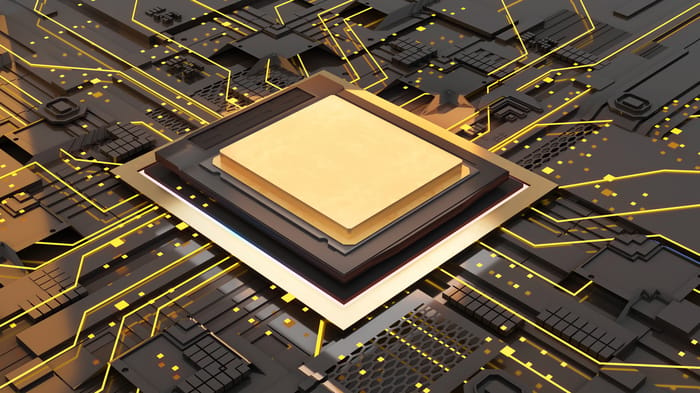AI-Based Design Tapped to Advance Cancer TherapyAI-Based Design Tapped to Advance Cancer Therapy
University of Missouri, AI Proteins plan to build compounds that can be used to diagnose and treat cancer

Biotechnology firm AI Proteins has partnered with the University of Missouri to advance the use of de novo designed miniproteins for targeted radioligand cancer therapy using its AI-powered platform.
De novo designs are part of the emerging synthetic biotechnology field of research that allows biologists and engineers to create modifications to biological systems to perform novel tasks and solutions.
The AI Proteins platform uses synthetic biology, robotics and automation, and AI to design, build and develop miniprotein medicines from scratch. Its de novo design capabilities enable “complete structural control” to create patentable miniproteins that combine “the most desirable characteristics” of small molecules and biologics for optimized therapeutics with multiple routes of delivery, the company said.
Using the technology, AI Proteins and the University of Missouri expect to demonstrate that miniproteins labeled with alpha and beta-emitting radionuclides are effective as a cancer theranostic, a compound that can be used to diagnose and treat cancer.
Multivalent miniprotein-based theranostics that simultaneously target multiple tumor-associated antigens (TAA) on cancer cells will be evaluated to see if they have greater efficacy than standard single TAA-targeted monovalent miniproteins.
The overall aim of the collaboration is to establish “an innovative, versatile platform” for cancer theranostics that capitalizes on targeting multiple TAAs overexpressed in various cancers, AI Proteins said.
A major limitation of current theranostics is that they have an affinity for one, or at most two, tumor antigens, said Carolyn Anderson, a leader in molecular imaging and theranostics research and a Simón-Ellebracht professor in medicinal chemistry and professor of radiology at the University of Missouri.
“This collaboration proposes a potential breakthrough approach in the ability to target theranostics to as many tumor antigens as possible in furtherance of solving long-standing challenges in cancer specificity, heterogeneity and potentially resistance, which are major impediments to improving outcomes for patients,” she added.
Chris Bahl, founder, president and CEO of AI Protein said the company is excited to apply its ability to design multivalent miniproteins de novo to create targeted theranostics that could bind to multiple different tumor antigens.
“By working together, we have the opportunity to take a major step forward for patients who are battling cancer," he added.
Once the research collaboration is completed, both AI Proteins and the university plan to continue to advance the novel technology into further preclinical and clinical development, including additional cancer indications. AI Protein said it also continues to pursue collaborations in inflammation, metabolic diseases, oncology and other therapeutic areas, in addition to advancing its internal pipeline.
This article first appeared in IoT World Today's sister publication AI Business.
About the Author
You May Also Like








